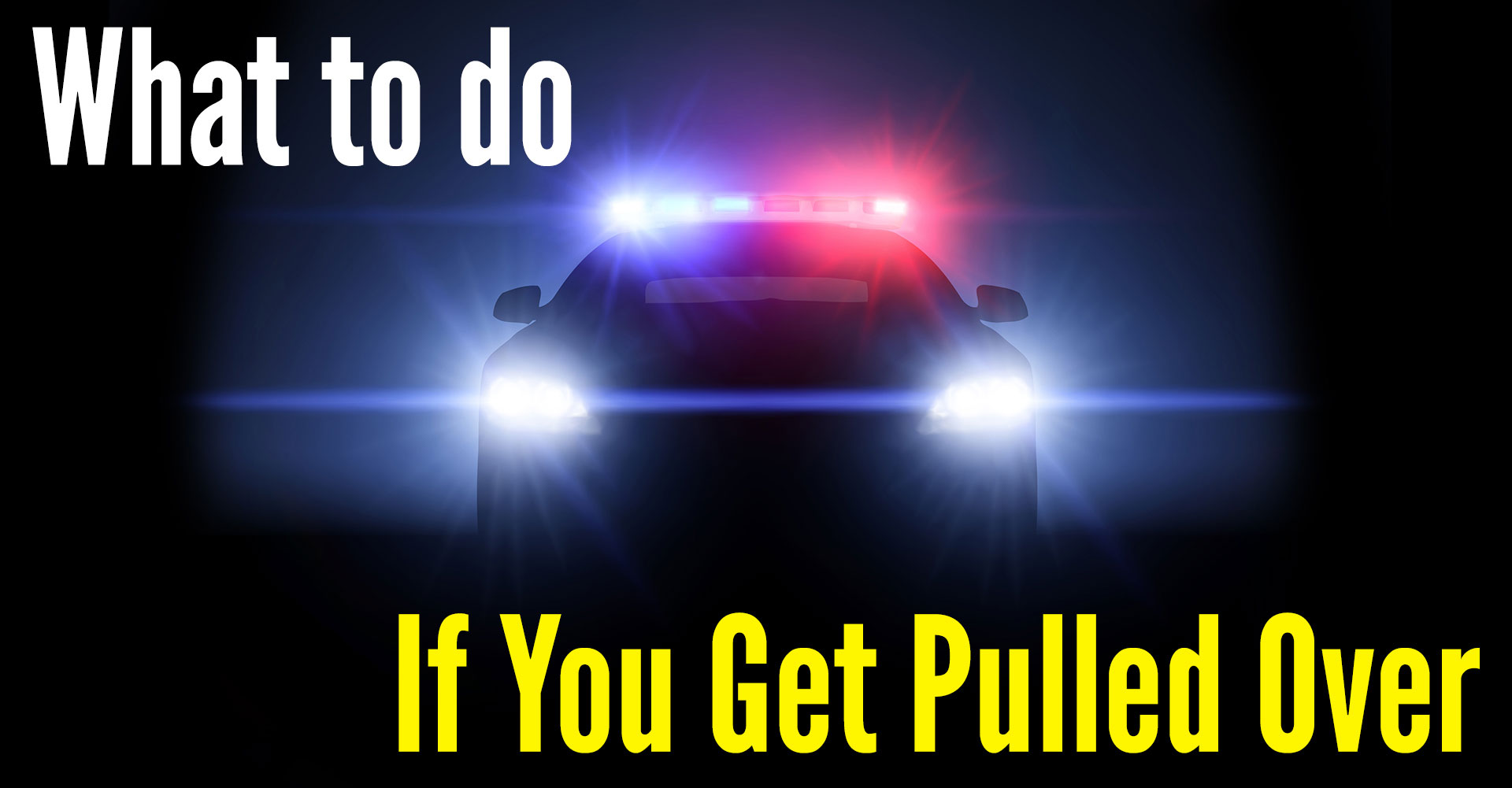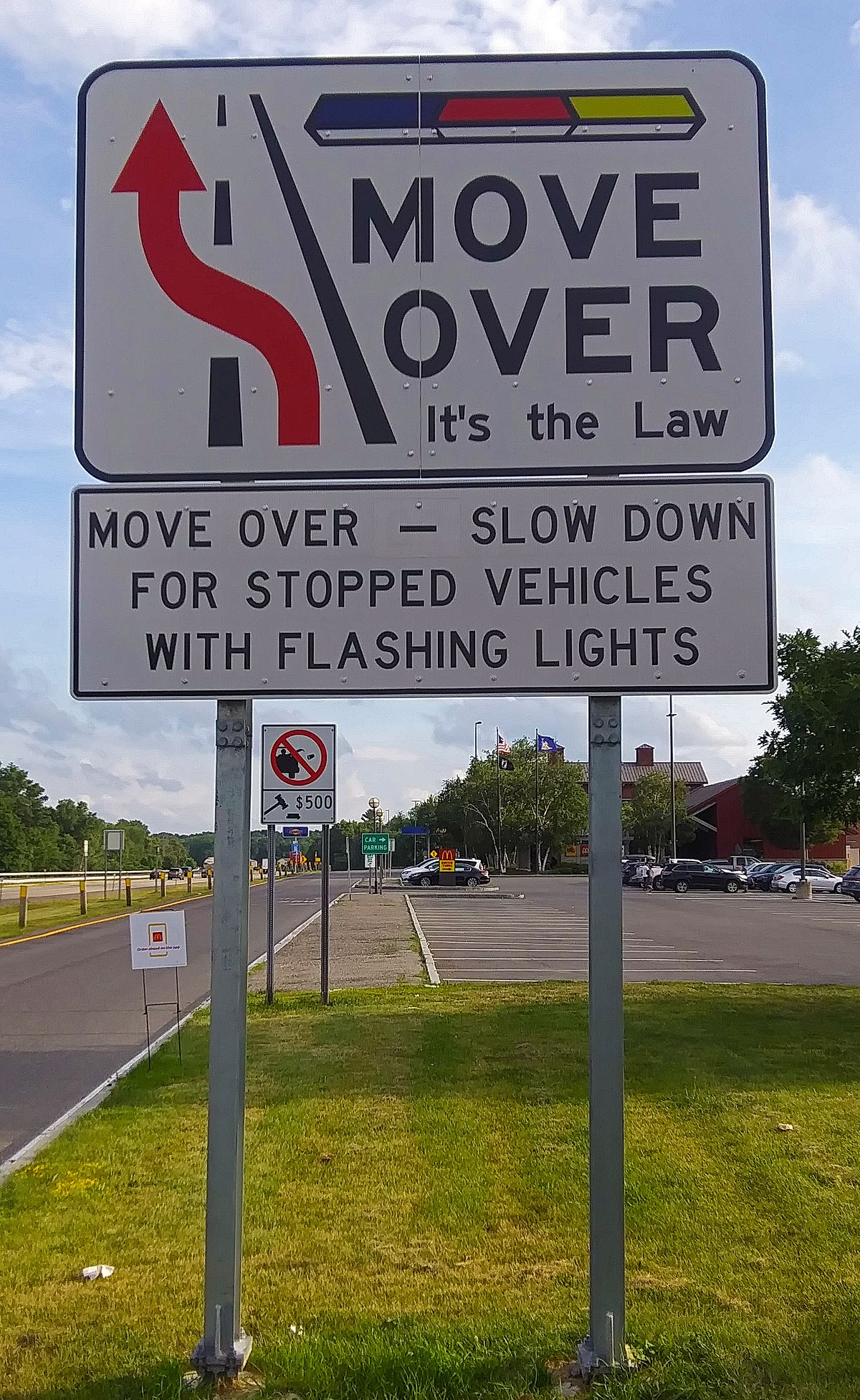How to Conduct Yourself if Pulled Over by a Law Enforcement Official
The flashing lights of a police car in a rear-view mirror fill many drivers with dread. “Am I really being pulled over?” you might wonder. Although no one likes being pulled over, it’s essential to show a law enforcement officer that you’re cooperating. From the moment those lights come on, the officer is observing your behavior, and the way you respond may affect whether you receive a ticket. So as soon as you see those flashing lights behind you, turn on your right turn signal and pull over to the right as quickly -- but also as safely -- as possible. It is important to make sure that you can pull over in a place that is safe, flat, and solid. Again, it’s important to show the officer that you’re cooperating, and by stopping safely as near where the violation occurred, you may have a better sense of what happened. You will also be able to make observations about the area that can help you if you contest the ticket, such as noting an obstructed speed limit sign or that a new yield sign is in place.
Once you have safely pulled over, turn off the engine, roll down your window all the way and place your hands on the steering wheel. Do not get out of the truck unless asked by the officer. If it’s dark, turn on the interior lights in your truck. Don’t make any sudden movements, and don’t rummage through your belongings looking for your wallet until you are asked for documentation. Remember that law enforcement officers are killed every year while conducting routine traffic stops, so it’s understandable that an officer may treat you with suspicion. Respond accordingly by being cooperative and do not give any cause for alarm.
It’s OK to greet the officer, but it’s wise to wait for the officer to ask you a question. He or she will likely ask for your driver’s license, medical certificate, logbook, and vehicle registration. It’s important to give the officer these documents when asked and not question why. However, if you are pulled over by an unmarked car or aren’t sure if the person is a police officer, it’s acceptable to wait to roll down your window until the person has identified himself or herself as an officer.
When talking with the officer, don’t admit any guilt. It’s acceptable to give simple yes or no answers to questions. If an officer decides to give you a ticket, his or her mind is already made up, and it’s very unlikely you’ll be able to argue your way out of it. Anything you say could later be used in court, should you choose to contest the ticket, so be mindful of what you say. Never try to bribe the officer -- this is not only highly unethical, but it is also a crime.
During a traffic stop, an officer can only search your truck if there’s probable cause to believe you’re concealing something illegal or if he or she believes that you are dangerous. Before approaching a motorist, he or she has pulled over, an officer usually looks for movement by the driver, such as one shoulder dipping down, something that would indicate that the driver is attempting to hide something underneath a seat or in a compartment.
If an officer asks you to get out of your truck, it’s once again important to cooperate. Once you are out of the truck, the officer may pat you down, and if anything, illegal or suspicious is found, he or she may then search your truck. If your truck becomes impounded, it can also be legally searched then.
An officer might ask you to sign your ticket, but depending on state law, you may not have to. Signing a ticket is not an admission of guilt. It just means that you agree to pay the fine or to appear in court.
When you have a citation in your hand, what are your options?
- Guilty Plea: You could just pay it which is a guilty plea and go on down the road unless the judge demands you show up in court.
- Not-Guilty Plea: You could plead not guilty and get a court date, where you could return to the court and defend yourself.
- Ignore the Citation: You could just ignore it and hope it goes away. This is NOT recommended as the law enforcement will eventually catch up with you and suspend your license and fines will be increased with penalties.
What about the citation received during an inspection where the officer writing the citation is judge, jury, and executioner?
An Emergency Vehicle is approaching
DO...
- Pull to the nearest edge of the roadway and come to a complete stop until all emergency vehicles have passed.
- Be alert to the approach of more than one emergency vehicle. Be sure to check your rearview mirror before pulling back on the travel lane.
- Keep the volume of your radio to a level that will not interfere with your ability to hear approaching emergency vehicles.
- Use your turn signal when pulling off the road. This sends a message to the emergency vehicle operator that you are aware of his presence.
DON'T...
- Block any intersection. Blocking intersections, even when attempting to yield to an emergency vehicle is dangerous.
- Follow an emergency vehicle responding to an emergency closer than 500 feet. It's against the law!
- Stop on a bridge, curve, or crest of a hill, instead, activate your turn signal and proceed forward until you can safely pull over and come to a complete stop.
- Slam on your brakes or stop directly in front of an emergency vehicle. Large trucks require more stopping distance than a passenger car. Stopping abruptly in front of any large vehicle can have deadly consequences
In a very unfortunate accident on Monday two Pennsylvania state troopers and a pedestrian lost their lives when another vehicle crashed into their patrol car while they were placing the pedestrian in the back of the car. Our condolences go out to the families of these three people who were killed in this needless accident. Our highways are a very dangerous place to be and all of us must do our part in keeping them as safe as possible.
All 50 States have "Move Over" laws to protect law enforcement officers and other first responders stopped on our Nation's roads. Yet, many of our drivers are unaware of these laws ... and traffic-related incidents continue to be the number one cause of death among on-duty law enforcement officers.
Therefore, together with our law enforcement partners and State highway safety offices, NHTSA is working to increase awareness of these lifesaving "Move Over" laws and highlight the need to protect public safety professionals who place themselves at risk to protect motorists.
By working with local organizations and raising public awareness of "Move Over" laws through earned and social media, you can make a difference and save lives.
https://www.trafficsafetymarketing.gov/get-materials/first-responder-safety/move-over









